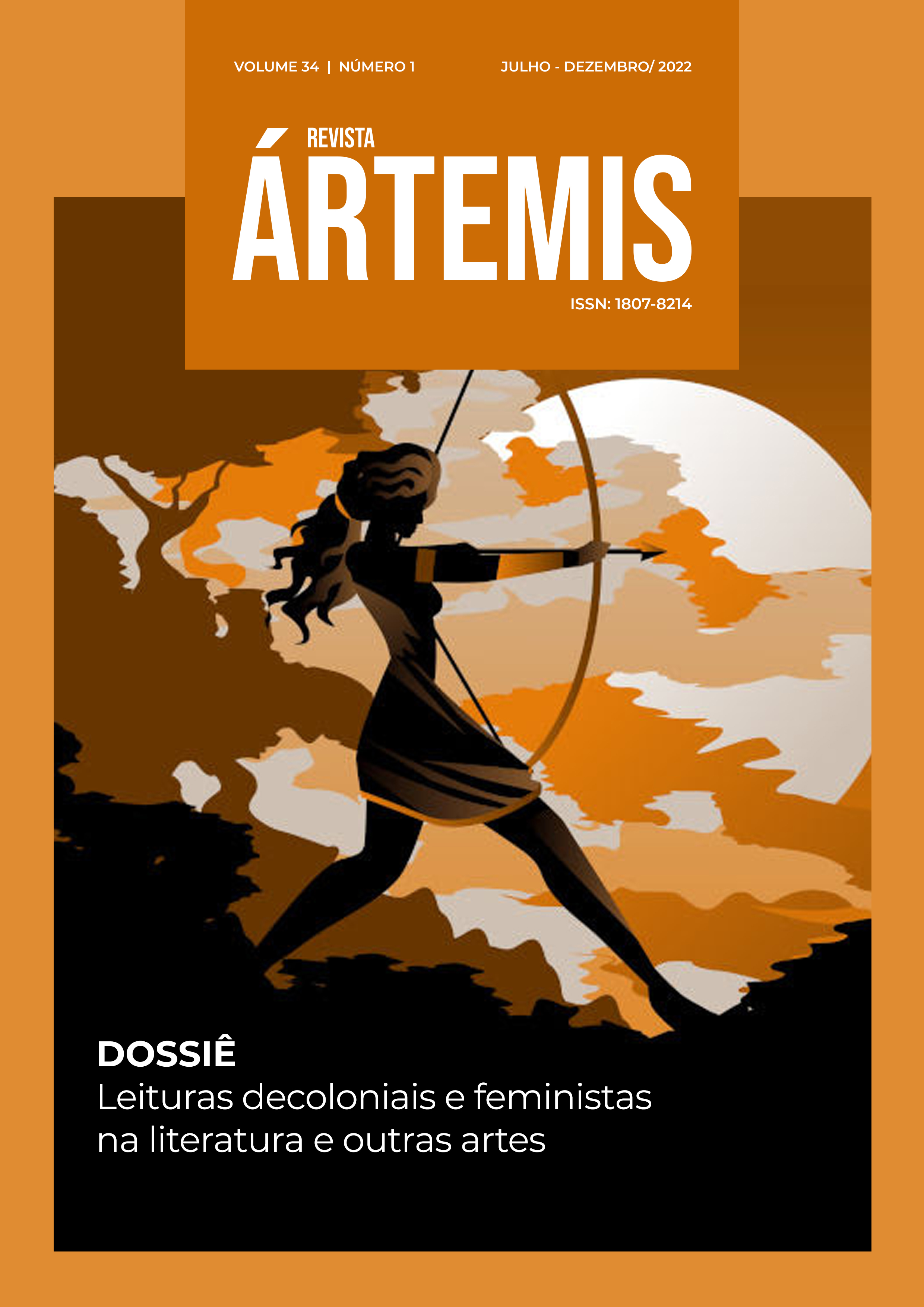“¿How much can a foot do inside a tight shoe?” Movement as a Decolonial Strategy in Song of the Water Saints, by Nelly Rosario
Résumé
Although the different colonizing processes were limited to historical periods, coloniality, that is, the logic connecting different colonialisms, has persisted through the centuries. It has proclaimed the universality of western thought while dehumanizing the bodies of non-white people and attempting to obliterate their cultures. On the other hand, a decolonial attitude, a reaction to various modes of coloniality/modernity, proposes alternatives to Eurocentric models, bringing to light and legitimating other ways of being and understanding the world. Our purpose here is to delink ourselves from an episteme situated solely in the mind – based on colonial parameters – and to align ourselves with an episteme situated in the body – based on the mostly forcible dislocation of peoples established across the centuries. Focusing on contemporary literature in English produced by artists who also search for options to coloniality/modernity, we use the concept of tidalectics developed by the poet Kamau Brathwaite in our reading of Song of the Water Saints (2002) by Nelly Rosario, a Dominican writer who lives in the U.S. While following the traditional Western mode of novel writing, Rosario confronts and transgresses this ideal of an enlightened literary genre, as she uses movement, a leitmotif in the narrative, as a decolonial strategy.







